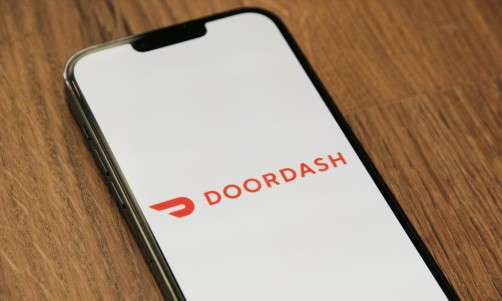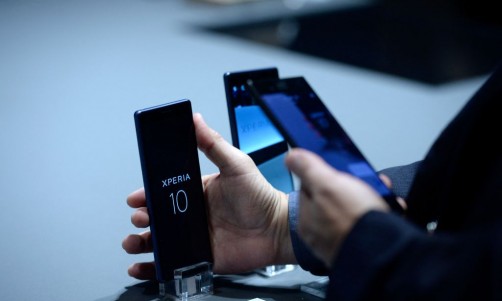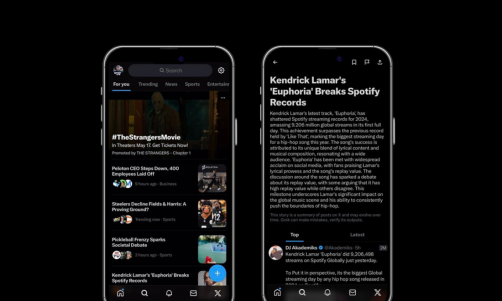Sophia the Robot from Hong Kong-based manufacturer Hanson Robotics is expected to be produced for the masses by the end of this year, as the company reveals.
"The world of COVID-19 is going to need more and more automation to keep people safe," founder and chief executive of the company, David Hanson, said as reported by Fox News.
The company is gearing up to produce all the four models "in the first half of 2021," as vaccines began to roll out in several countries. Although Hanson is yet to announce a specific number, the company aims to sell "thousands" of robots, both large and small.
Before the pandemic, the International Federation of Robotics believed that such personal robots' worldwide sales skyrocketed by 32% and made over $11,2 billion from 2018 to 2019.
Read also: Google Announces Agreement to Compensate French Publishers for Using Their Online Content.
Historical Release
The conversation regarding Sophia the Robot has been going around, at least since 2016, when Hanson Robotics first unveiled the creation at the South by Southwest Festival (SXSW) in Texas. During her lab tour conduct in Hong Kong earlier, Sophia believes that such social robots are able to provide care for "the sick or elderly" and provide therapy and communication during unprecedented times.
Two years later, Hanso includes scripting software and a chat system into Sophia's architecture so that the robot can reason like humans. Thanks to the speech recognition technology from Alphabet, the parent company of Google, she's able to imitate human gestures and facial expressions over time. The Kingdom of Saudi Arabia also granted Sophia citizenship earlier in 2017, Arab News reports.
Initially, Hanson markets Sophia as a "social" robot to aid the elderly at nursing homes and help crowds at festival events. Besides, Sophia is not the only humanoid robot from Hanson. Her siblings, including Alica, Jules, Phillip K. Dick, Professor Einstein, BINA48, and Albert Einstein Hubo, are among the company's products.
Double-Edged Sword
From self-driving vehicles to sex robots, there's always a downside of our perplexing relationship with our technology. Despite its good intention, such an invention could fall into the laundry-list of lousy technology, as the popular video game "Detroit: Become Human" reveals.
Despite several criticisms regarding Sophia's ability, it's only a matter of time until researchers finally manage to conduct a human-like level of artificial intelligence.
Hanson vehemently markets Sophia as a companion to aid nursing homes and festivals. Unfortunately, that also means the unemployment rate could skyrocket because robots could easily replace humans in jobs requiring human-level attention.
Earlier, Uber conducted its self-driving cars for the first time, at the cost of one pedestrian's life, before the ride-hailing company pulled the service off for good, as PBR reported. Until we figure out the best approach to such technology, the example could go on and on for a long time.
Related post: Federal Court Denies Parler's Request to Force Amazon to Host Its Service.










